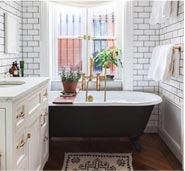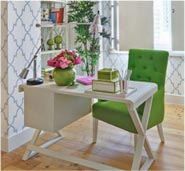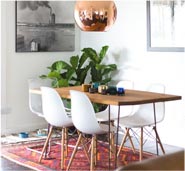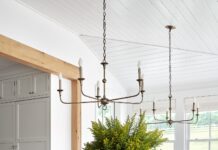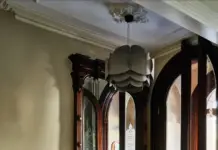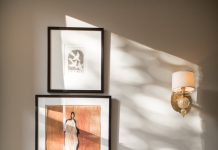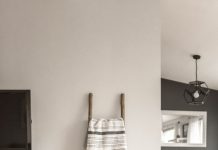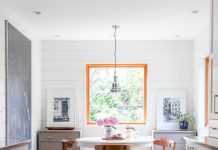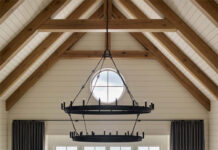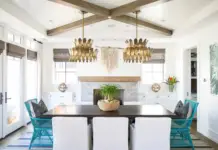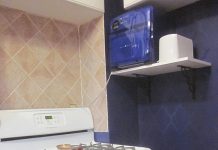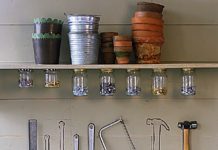It is no secret that the world needs to switch to more renewable energy sources to reduce our dependence on fossil fuels. It’s also no secret how solar panels can be beneficial both to the environment and to some degree your wallet.
All that said, there are times when solar panels are not going to be a good idea. Although it is a direction we should take as a whole, there are individual cases in which it is not in the best interests of the homeowner. Since solar panels are not a good fit for everybody, it makes sense to take some time to consider a few things before committing.
In this article, we will go over several of the reasons that solar panels may not be beneficial to you or your situation.
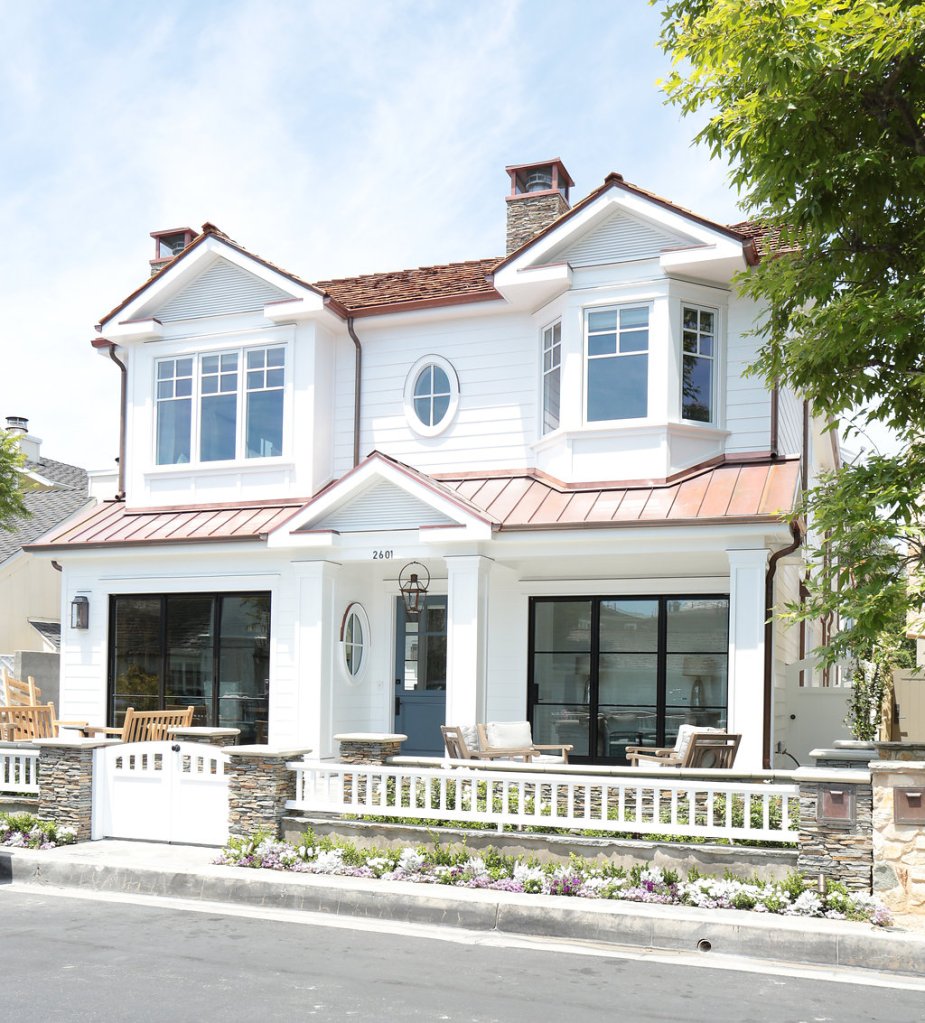
1 – Your roof is not ideal
Solar panels often need to be installed on a roof so there are no obstructions and they can get the full exposure to the sun that they need to be able to produce enough electricity.
The roof itself can prove to be the reason the panels are not going to work. In some cases, it’s because the condition of the roof is not acceptable. For starters, it should be strong enough to hold the weight of the panels. And any damage on the roofing can be made worse by the presence of the panels themselves.
If the roof needs to be replaced at some point, then it is better to wait until it has been done. Find out the best time of year to replace roof and then have it done. After that, you can look into getting some panels.
There is also an issue with where the roof is positioned. In the northern hemisphere, the roof needs to be facing south. If the roof doesn’t get direct sunlight then the panels will not be able to produce enough electricity.
Another potential problem is in the case of a condo complex. When the roof is owned by many residents, it can be tricky if somebody doesn’t want them installed.
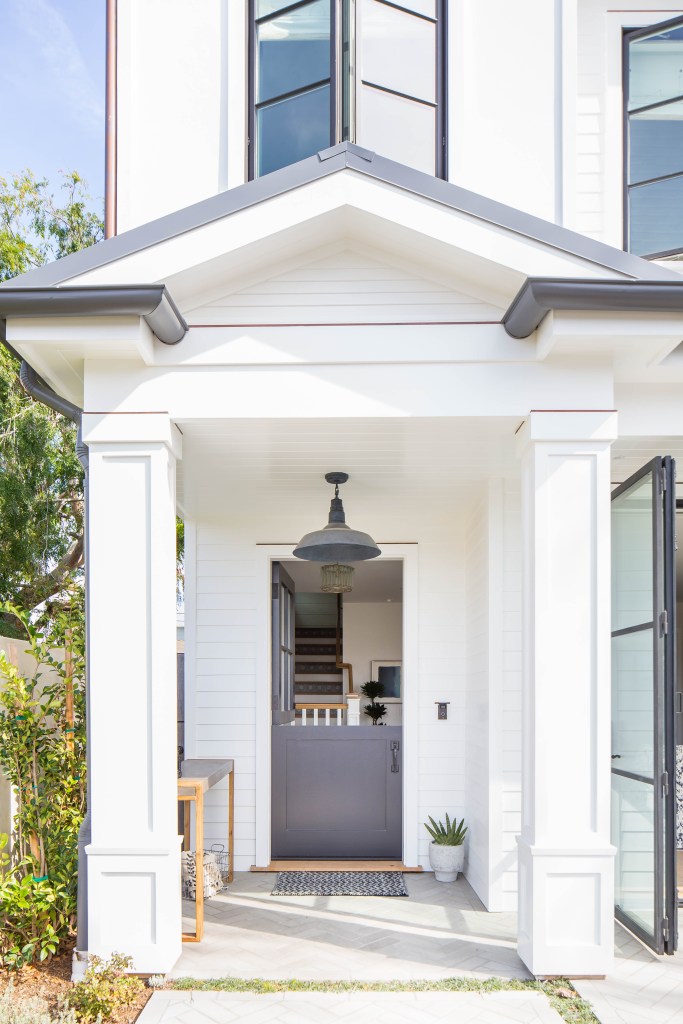
2 – You plan to sell the house soon
Once the panels are installed on a roof, they are a permanent fixture there. If you sell then you are not likely to be able to remove them and move them to your new house. Even if it were possible, the new house may not have the right features for it to even work anyway.
There is an upfront cost that takes time to recoup. Over the years the savings will pay for the panels and essentially give you free electricity. When you sell the house then you are likely not going to see enough of those savings to be able to recoup that money spent on the initial set up. This means that you will be in the red for those years you had the panels and then sell.
It only makes sense to install these panels on a house that you have no intention of selling for at least seven years after the installation. Or, if you want to add some value to your house as the numbers indicate that solar panels can increase the home value slightly.
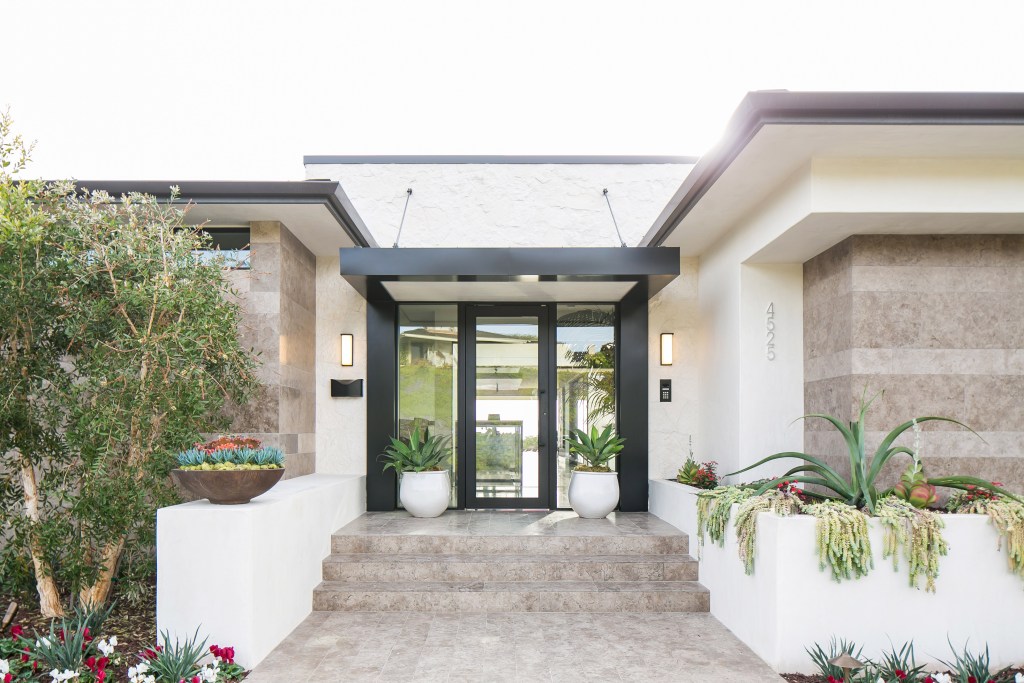
3 – You can’t get rebates
Financial incentives are usually the only way to make it financially feasible for many people to be able to install solar panels. The upfront costs would be too high and make it very difficult to be able to have the panels pay for themselves over time through the savings on the costs of energy.
These incentives come on the local level as well as federal. There is a tax incentive provided by the federal government that can cover up to 26% of the costs of installation. That incentive combined with net metering in which many states allow for the selling of your excess energy to the local grid can offset the costs to make the panels virtually free.
If you don’t pay any federal taxes or the amount is too low, then you won’t qualify for the tax incentive that covers a significant portion of the installation. Not all states offer net metering which further reduces the financial feasibility to make the numbers work in your favor.
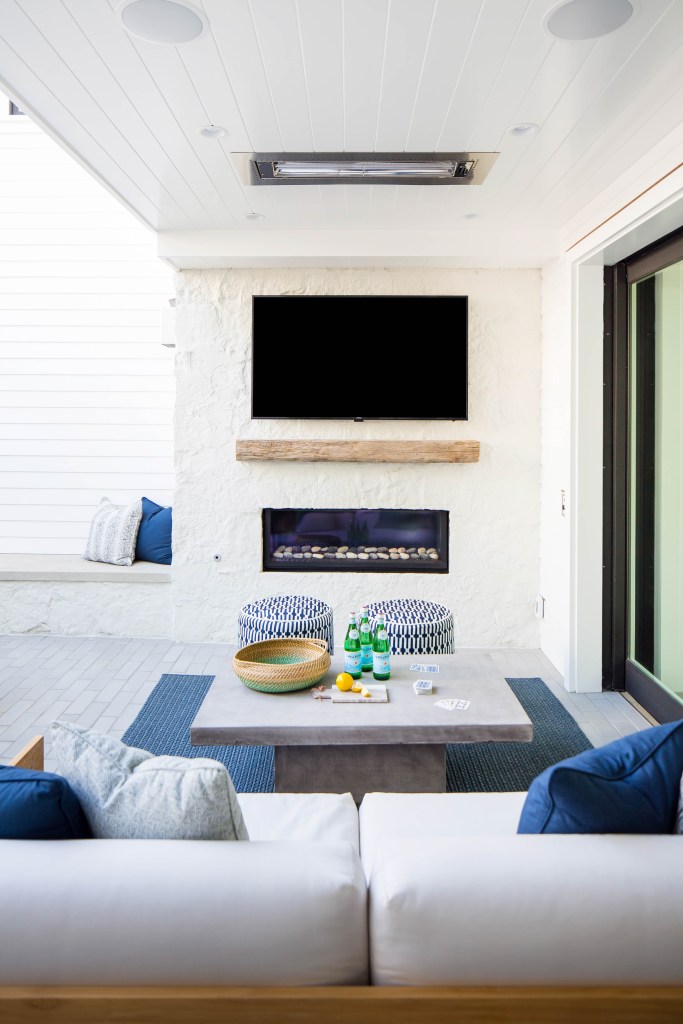
4 – Electricity rates are low
The cost of electricity varies widely across the country. In some areas, the cost of electricity is very low and would represent some meager savings if you made the switch to solar. When you factor in the cost of installation and how it takes a few years to get to the point where your energy costs are essentially zero, the low cost of electricity could make it take years longer.
Not only does the local price of electricity factor in on how much you pay, but also other things. For instance, if you live in a very small house or studio apartment, then you aren’t using much electricity in that type of setting. A family of four will spend much more on electricity even at low rates just based on their energy demand being higher.
Add the fact that many appliances now sip electricity and it spells out fewer savings. With all of those things combined, you may already have low bills so it makes little sense to spend so much to have panels installed.
5 – Bad contracts
Unfortunately, the boom in green energy companies means that there are going to be some shady operations in business. There are some that offer free installation in return for access to your energy production. These types of contracts are not good to get into because you won’t end up seeing any savings and you could be on the hook for the panels if the company goes under and is bought out by another.
The bottom line is that many things need to be taken into consideration before committing to the idea or even the contract to have solar panels installed.




